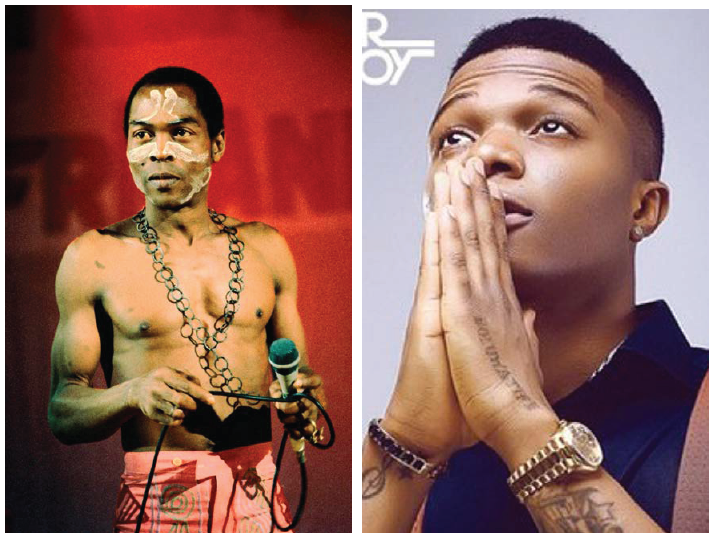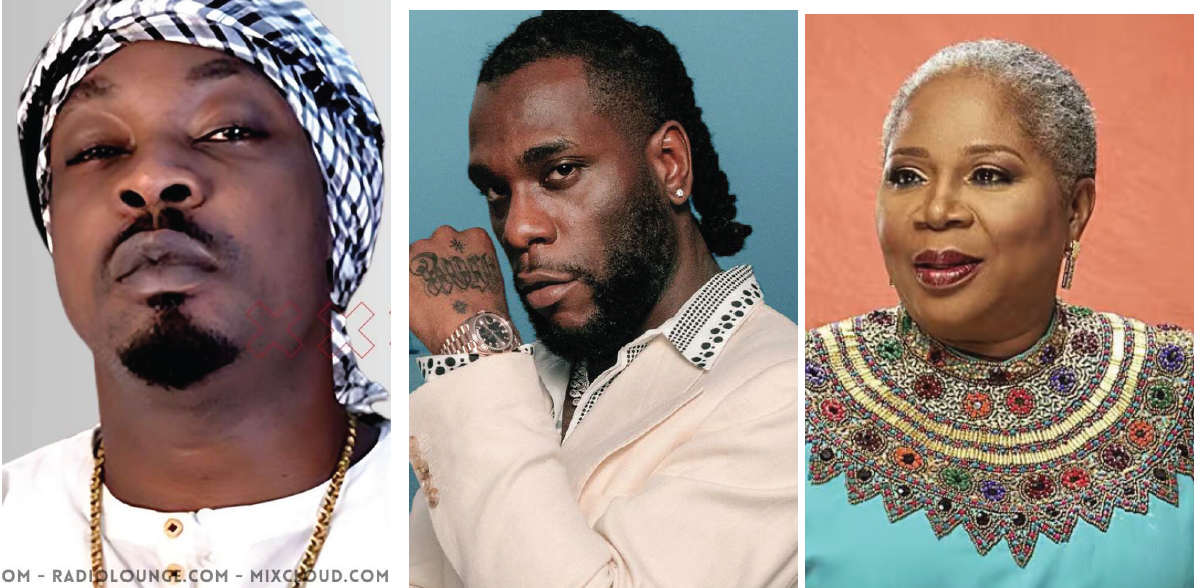In this analysis, ANTHONY ADA ABRAHAM delves into the evolution of Nigerian music, uncovering the factors that have propelled it to the global stage and solidified its place as one of the most influential forces in contemporary music.
The journey of Nigerian music to international prominence has been anything but smooth. Iconic moments, such as Eedris Abdulkareem’s defiance during his confrontation with 50 Cent to assert equality, symbolise the early struggles Nigerian artistes faced. At that time, African music was largely undervalued, even within the continent. Despite this, pioneering artistes fought hard to carve out a space for their sound.
Before the advent of social media, promoting music in Nigeria was an arduous process. Artistes had to record their songs on cassettes and VCDs, physically distribute them, and rely heavily on grassroots efforts to gain recognition. The likes of Plantation Boiz, Tony Tetuila, Ruggedman, Mode 9, and others labored under these challenging conditions. With minimal support from television and radio, these artistes built their careers on sheer determination and local fanbases.

The Social Media Revolution
The music industry began to shift with the rise of social media in Nigeria. This era brought with it trailblazers like Don Jazzy, D’banj, P-Square, MI, Wande Coal and others , who leveraged emerging platforms to amplify their reach. Yet, the challenges persisted, requiring visionaries like Kenny Ogungbe and Ayo D1 to establish platforms such as Primetime to spotlight these artistes.
Social media became a game-changer, enabling artistes to bypass traditional gatekeepers and connect directly with fans, both locally and internationally. The newfound exposure also coincided with the rise of Afrobeats, a genre that has become synonymous with Nigerian music on the global stage.
The Afrobeats Movement
Afrobeats, often described as a vibrant blend of African rhythms, Western influences, and lyrical authenticity, emerged as the heartbeat of Nigeria’s music scene. Artistes like Wizkid, Davido, and Burna Boy took this sound to new heights, captivating audiences worldwide.
Wizkid’s international collaborations and Grammy wins, Davido’s cross-continental hits, and Burna Boy’s groundbreaking global tours have all demonstrated the genre’s universal appeal. These pioneers laid the foundation for a new wave of artistes, including Asake, Tems, and Rema, who are now breaking records and dominating charts.
A Billion-Dollar Industry
Today, Nigerian music is more than an art form; it is a thriving billion-dollar industry. Major players like Rema and Omah Lay are making waves internationally, while even emerging talents like Portable have secured collaborations with global artistes. The demand for Afrobeats has grown to the extent that international acts actively seek Nigerian artistes to feature on their songs.
The industry’s commercial success is evident in its ability to sell out iconic venues such as the O₂ Arena in London and major stadiums across the world. Nigeria Artistes no longer struggle for recognition; instead, they command hefty fees for appearances, underscoring the shift in global perception.
Music analyst and DJ, Sunday Kunle attributes the global success of Nigerian music to its unique sound and the charismatic appeal of its artistes.
“We are no longer pushovers. Nigerian artistes are headliners now. There’s no major concert without a Nigerian act. Unlike before, when we begged for recognition, today, we are courted with millions of dollars just to perform. Selling out the O₂ Arena and other major venues is now routine. The Grammys recognizing Afrobeats is a testament to how far we’ve come.”
The Way Forward
The rise of Nigerian music highlights the country’s immense creative potential. As “The Giant of Africa,” Nigeria’s entertainment sector is a crucial driver of its global reputation and economic growth. With sustained government investment and industry support, Nigerian music can contribute significantly to the nation’s GDP while inspiring a new generation of creatives.
What began as a grassroots struggle has evolved into a global phenomenon. From cassette tapes to Grammy stages, Nigerian music has proved that with resilience, talent, and innovation, no dream is too big to achieve.







